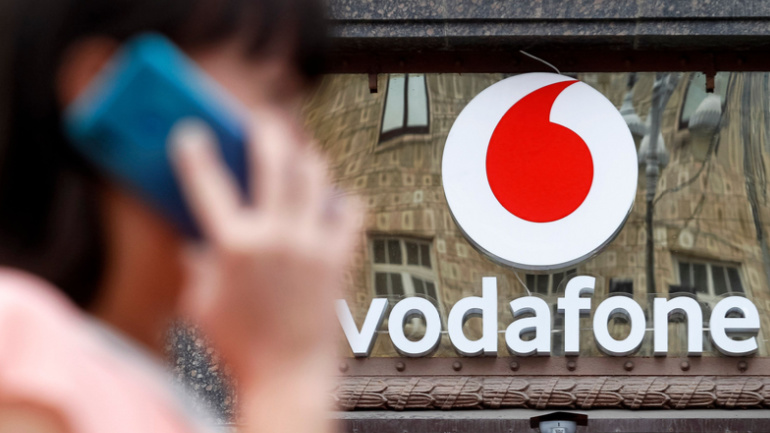Vodafone UK has recently announced that it will begin shutting down its nationwide 3G network in June, following successful trials in Plymouth and Basingstoke earlier this year. Hull, Oxford, and Greater London are the first areas to have the 3G network switched off in June, with the rest of the South scheduled to follow suit. Eventually, the remainder of the UK will experience the 3G network shutdown later this year.
Andrea Dona, Vodafone’s Network Director in the UK, stated that the company’s focus “remains to continue to build the UK’s most reliable mobile network” and to ensure that Vodafone’s technologies are up-to-date. Given that 3G usage has significantly dropped among Vodafone’s customers due to a shift to the 4G network, the ongoing shutdown should affect very few customers. Vodafone does, however, offer its Digital Skills Hotline to provide extra support to vulnerable customers during the migration to new handsets or services.
Although Vodafone initially targeted 2023 for its 3G shutdown, this decision came shortly after the UK government’s announcement that all UK mobile operators must agree to shut down both 2G and 3G networks by 2033. Interestingly, despite being an older technology, Vodafone’s 2G network will remain operational for the time being due to its usefulness for low-power IoT devices and as a backup for voice communications.
Switching off the 3G network will allow for the repurposing of the network’s spectrum for more modern 4G and 5G networks. According to a statement given to ISPreview last year, approximately 10MHz of spectrum in the 900MHz band will be used to bolster Vodafone’s 4G network, while the remaining spectrum will be explored for 5G use. Furthermore, next-generation networks such as 5G are far more energy-efficient compared to 3G, which contributes to Vodafone’s goal of reaching net-zero carbon emissions by 2027.
By the end of this year, Vodafone’s 3G network is expected to be completely shut down. Other UK telecom operators, such as EE and Three UK, are planning a more gradual 3G shutdown, targeting a complete phase-out of the legacy technology by 2024. Customers are currently being migrated to the companies’ 4G and 5G networks. On the other hand, Virgin Media O2 has not yet determined a date for its own 3G network shutdown.
It remains to be seen whether the UK telecoms industry will be able to meet the government’s ambitious coverage goals for 2030. This year’s live Connected Britain conference will feature experts discussing the ongoing developments and challenges facing the industry.







